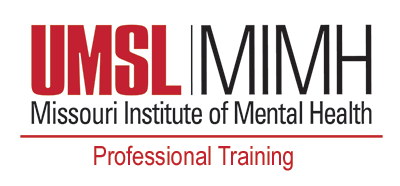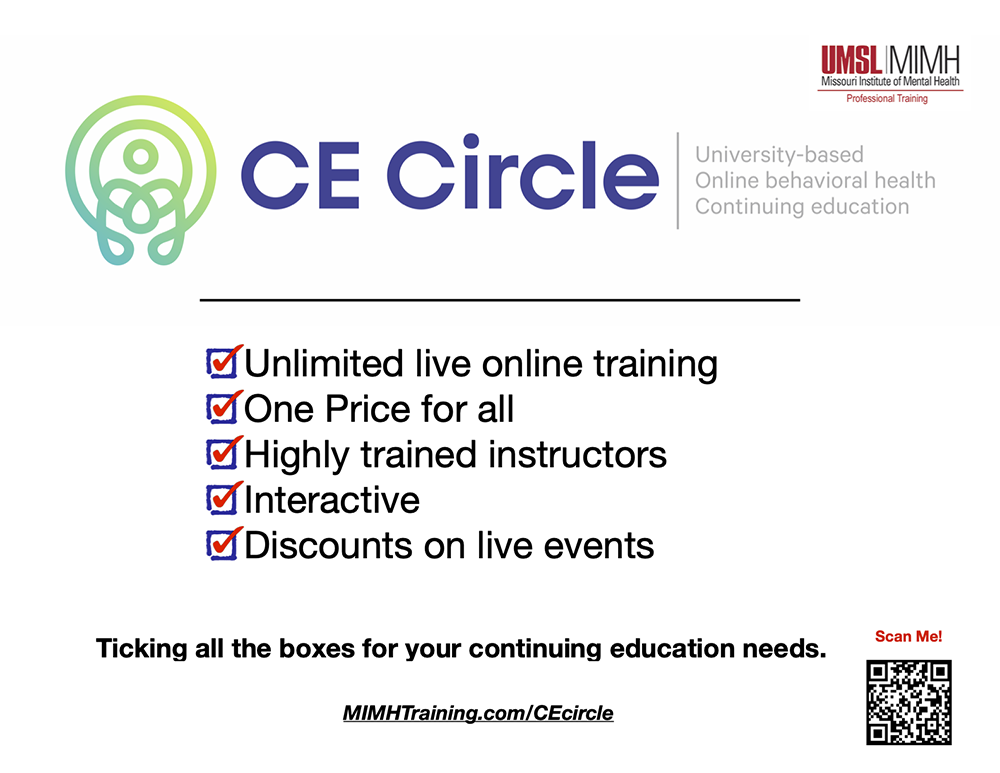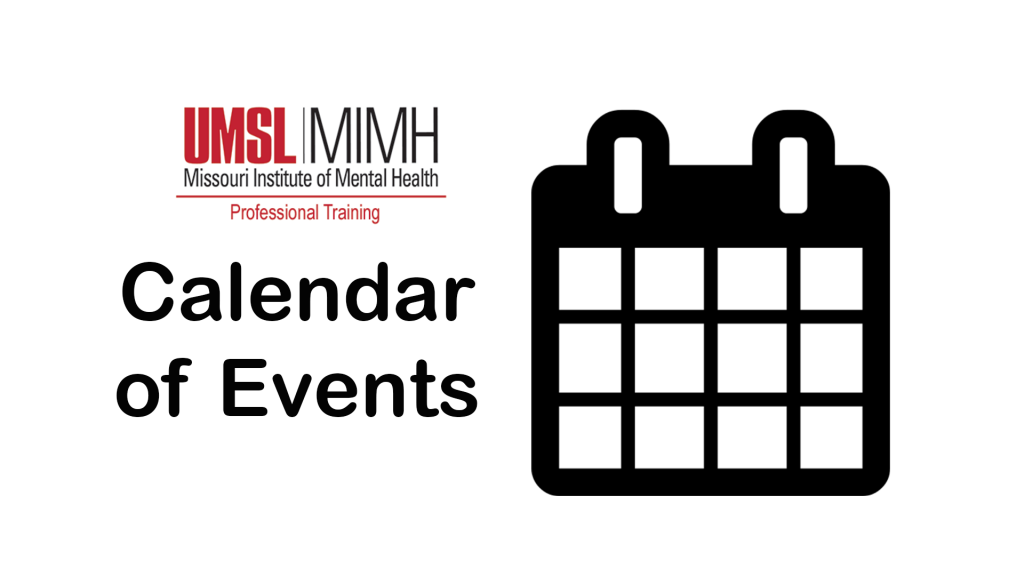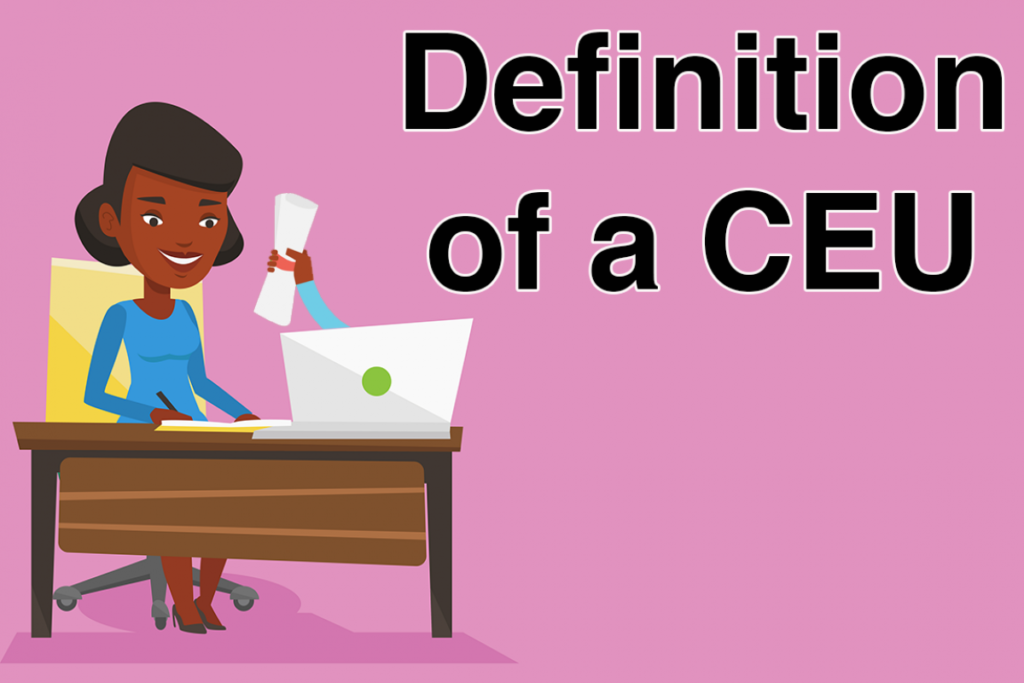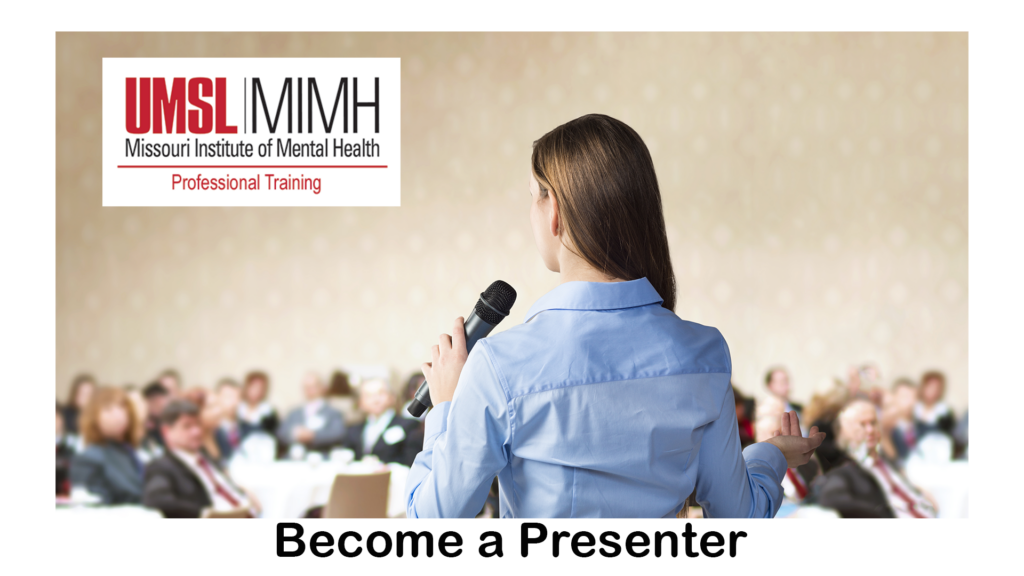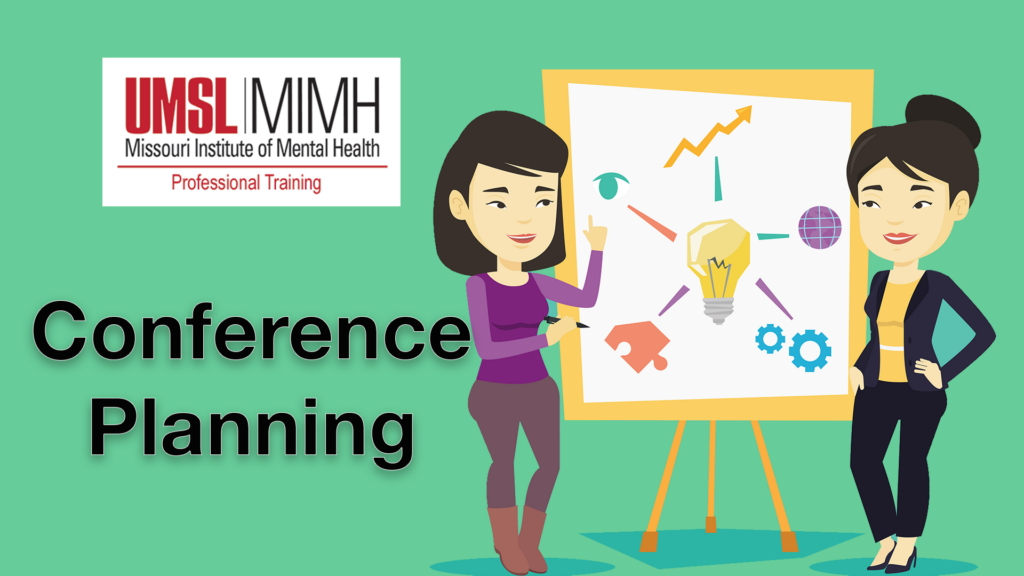Post-Traumatic Stress Disorder: An Overview
Dates and Locations:
Registration Fee:
Program Description:
Whether the stresses of combat, a car accident, a building being toppled due to terrorist attacks, childhood abuse, rape, or violent death, these are examples of events that can easily outmatch the internal resources and supports of many individuals, resulting in responses ranging from becoming overwhelmed to symptoms that can be paralyzing. Some individuals tend to respond and recover quickly, while others are stagnated and emotionally crippled. Post Traumatic Stress Disorder (PTSD) is one explanation for the more extreme responses. PTSD is one of the mental health diagnoses that is commonly referenced in our society, but not necessarily understood. Knowledge about the treatment is even more sparse. With advances in research related to the origins and maintenance of the symptomology of PTSD and the significant advances in treatment, people who experience a traumatic event and later develop PTSD have hope for the future.
PTSD is a relatively common psychological response to a traumatic experience with a Lifetime Prevalence Rate reported to be between 1.3% and 9%. Considering that at least 60% of the population is exposed to a minimum of one traumatic event, the chances for a mental health provider to encounter this disorder are high. It is therefore imperative that clinicians, and those in adjacent fields, be able to recognize the symptoms, understand their client���s presentation, and be knowledgeable about the treatments available.
Program Presenter:
Nancy D. Spargo, A.M., LCSW, has spent the past 30 years working with abusive family systems. Trained as a Clinical Social Worker and Family Therapist, Ms. Spargo provided direct service to a variety of populations including immigrants and refugees, LGBT (lesbian, gay, bisexual, and transgendered), and homeless youth and adults until moving to St. Louis in 2003. Ms. Spargo���s career is characterized by systems integration and program development for marginalized populations with a focus on trauma. She has worked within the child welfare, mental health, domestic violence, and substance abuse systems. Ms. Spargo has recently been appointed an Adjunct Faculty member at Washington University in St. Louis��� Brown School of Social Work.
Ryan R. Lindsay, MSW, LCSW, is the Clinical Director and Co-Founder of the St. Louis Center for Family Development, LLC. Mr. Lindsay has extensive experience working with individuals with emotion disregulation disorders and the use of Dialectical Behavior Therapy, and has spent the bulk of his career utilizing mindfulness-based treatments for the treatment of psychological and emotional distress. Currently, Mr. Lindsay is working as a consultant for the Missouri Department of Mental Health focusing his efforts on supporting and training Adolescent Dialectal Behavioral Therapy providers and programs throughout Missouri. His past positions include co-founding the Ann Arbor DBT Center, team leader of a Multi-Family DBT Program for Adolescents, and work with chronically mentally ill populations.
Continuing Professional Education:
Continuing Education Units (CEUs)
The University of Missouri, Missouri Institute of Mental Health (MIMH) will be responsible for this program and maintain a record of your continuing education credits earned.
MIMH will award 3 clock hours or 3.3 contact hours (.3 CEUs) for this program. The MIMH credit will fulfill Clinical Social Work and Psychologist licensure requirements in the state of Missouri.
MIMH is a National Board for Certified Counselors (NBCCTM) approved Continuing Education Provider (ACEP) and may offer NBCC approved clock hours for events that meet NBCC requirements. MIMH is solely responsible for all aspects of the program. This program has been approved for 3 clock hours of continuing education credit.
The Missouri Substance Abuse Professional Credentialing Board has pre-approved this training for 3 contact hours.
The MIMH credit will fulfill clinical Social Work and Psychologist licensure requirements in the State of Missouri. If your profession is not listed above or if you are from outside of Missouri, check with your Board prior to completing this program to ensure you are seeking the proper accreditation.
If your profession is not listed above or if you are from outside of Missouri, check with your Board prior to completing this program to ensure you are seeking the proper accreditation.
Conference Actions:
